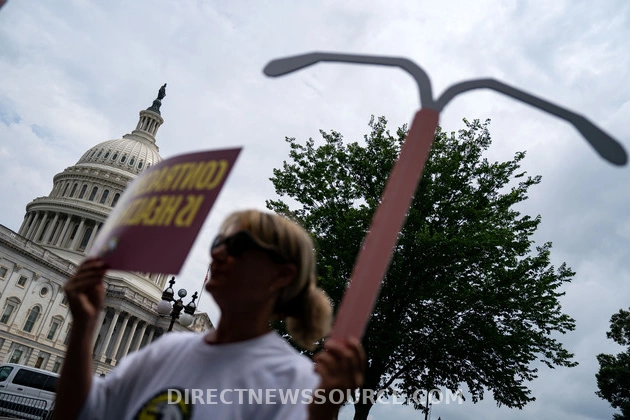
Biden Administration's Decision on Contraception Rules
The Biden administration recently made a significant decision regarding access to contraception by withdrawing proposed regulations aimed at narrowing employers’ ability to opt out of covering birth control for their employees.
The Department of Health and Human Services announced the rescinding of these regulations in the Federal Register, citing a shift in focus and resources during the administration’s final days.
Conservative Organizations React
Conservative organizations, including the Becket Fund for Religious Liberty, welcomed the news, with the Becket Fund expressing its joy over the decision.
The proposed rules also included provisions for employees of religious organizations to access birth control coverage through alternate means, ensuring free access for those unable to obtain it through their employer.
Estimates suggested that these changes could have made an additional 130,000 individuals eligible for contraceptive coverage, emphasizing the importance of access to birth control.
Importance of Contraceptive Coverage
HHS Secretary Xavier Becerra highlighted the critical nature of birth control access, emphasizing the administration’s support for women’s reproductive health.
The withdrawal of these rules maintains regulations put in place by the Trump administration, which expanded exemptions for employers objecting to the ACA contraception mandate.
Impact on Access to Affordable Contraception
The removal of federal protections for abortion access in 2022 has heightened the significance of accessible and affordable contraception for individuals.
Contraceptive coverage, including counseling and birth control, is a key preventive health service mandated under the Affordable Care Act, benefiting millions by reducing unintended pregnancies.
However, recent changes have allowed certain entities to exclude contraceptive coverage, limiting access for many individuals.
Looking Ahead
The evolving landscape of contraceptive coverage underscores the ongoing importance of policy decisions that impact access to reproductive health services.
As regulatory changes continue to shape the availability of birth control, staying informed and advocating for comprehensive coverage remains crucial.















